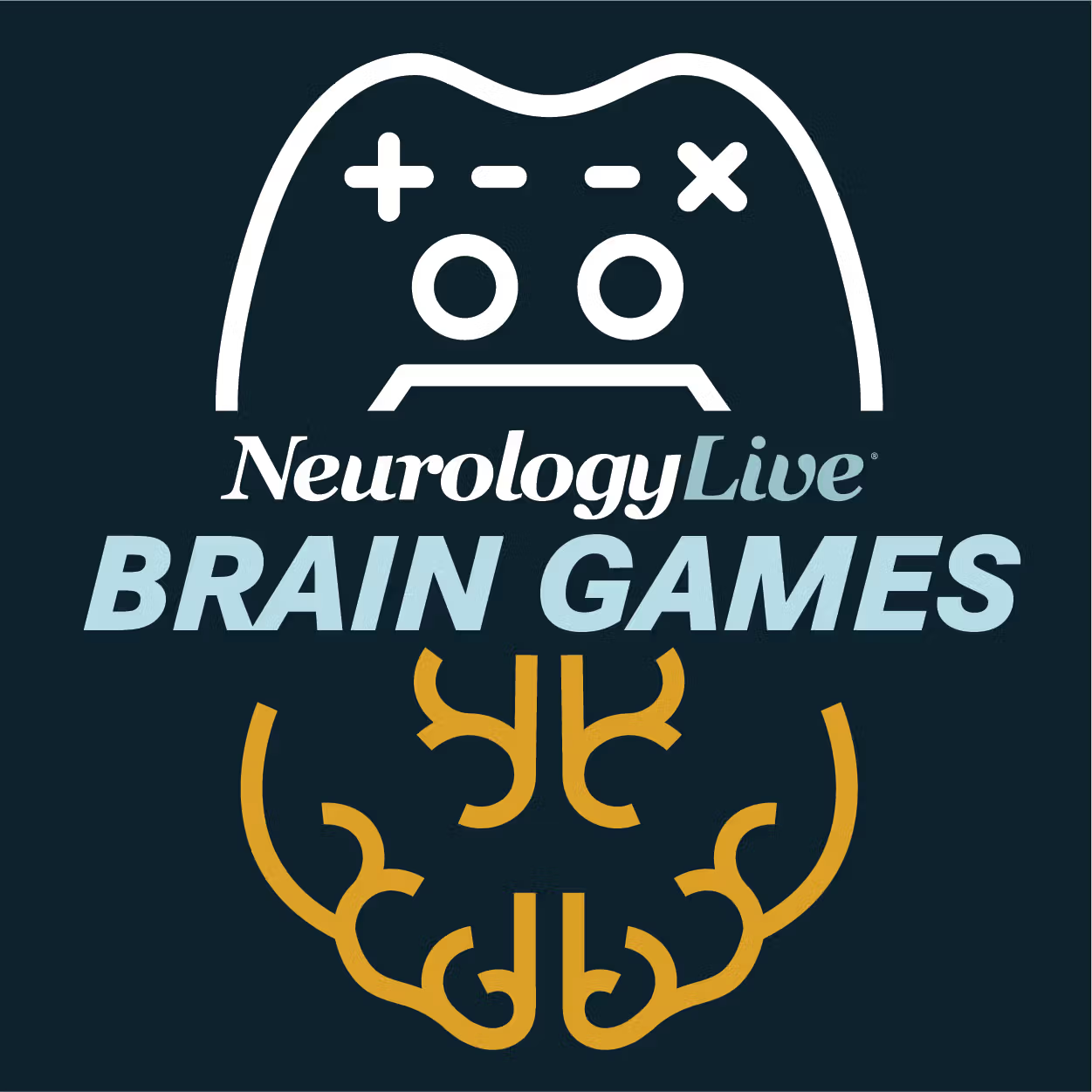Video
Burden of Migraine
Author(s):
David W. Dodick, MD: Migraine, as many people know, is probably the third most common medical disorder on the planet; and among people under 50 years of age, it is the most disabling, in terms of years lived with disability, of any disease or disorder in the world. It affects over 40 million people in the United States, roughly 12% of the world's population, and it's an inherited neurological disorder that is accompanied by myriad symptoms, only one of which is headache, of course. That's what it's become synonymous with.
But in addition to headache, patients experience a number of other cognitive, vestibular, mood, gastrointestinal, autonomic symptoms that accompany each individual attack. Patients are sometimes impaired for days at a time. It's not just necessarily the time between when the headache starts and stops, but it's also the prelude or run-up to the headache, which is called the prodrome, for which patients may experience hours to days of symptoms before the actual head pain starts. And then we know of the postdrome, for which patients feel hung over and have a multitude of symptoms that can last for hours or days. So even though an episode of head pain or headache might last 6 to 12 to 24 hours, the total duration of impairment may be 72 hours or even longer.
In terms of impact, every aspect of patients’ lives are impacted—their personal life, their social life, their professional life, their family life. Because of the demographics of the patient population that is affected—principally, it peaks between the ages of 18 and 45—what are people doing between the ages of 18 and 45? They're going to college. They're trying to build a family. They are trying to build a career. Migraine interferes with that.
There's a shocking, stunning number of people who don't take promotions, for example, or can't finish college, or can't build a career that they were otherwise destined to achieve. So it affects every aspect of their life.
For people who are parents, it affects their ability to parent properly. They feel quite guilty about that. They're not the parent. They're not the mother. They're not the father. They're not the spouse. They're not the sibling. They're not the child that they could be. It really steals a lot of life away from people.




